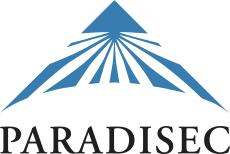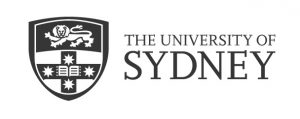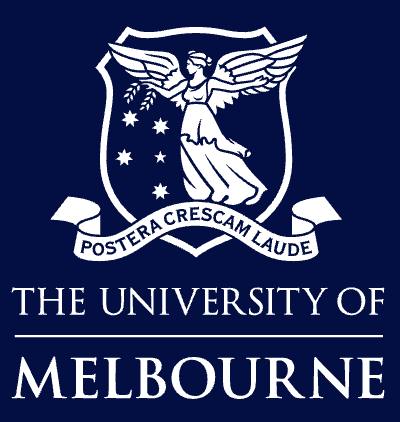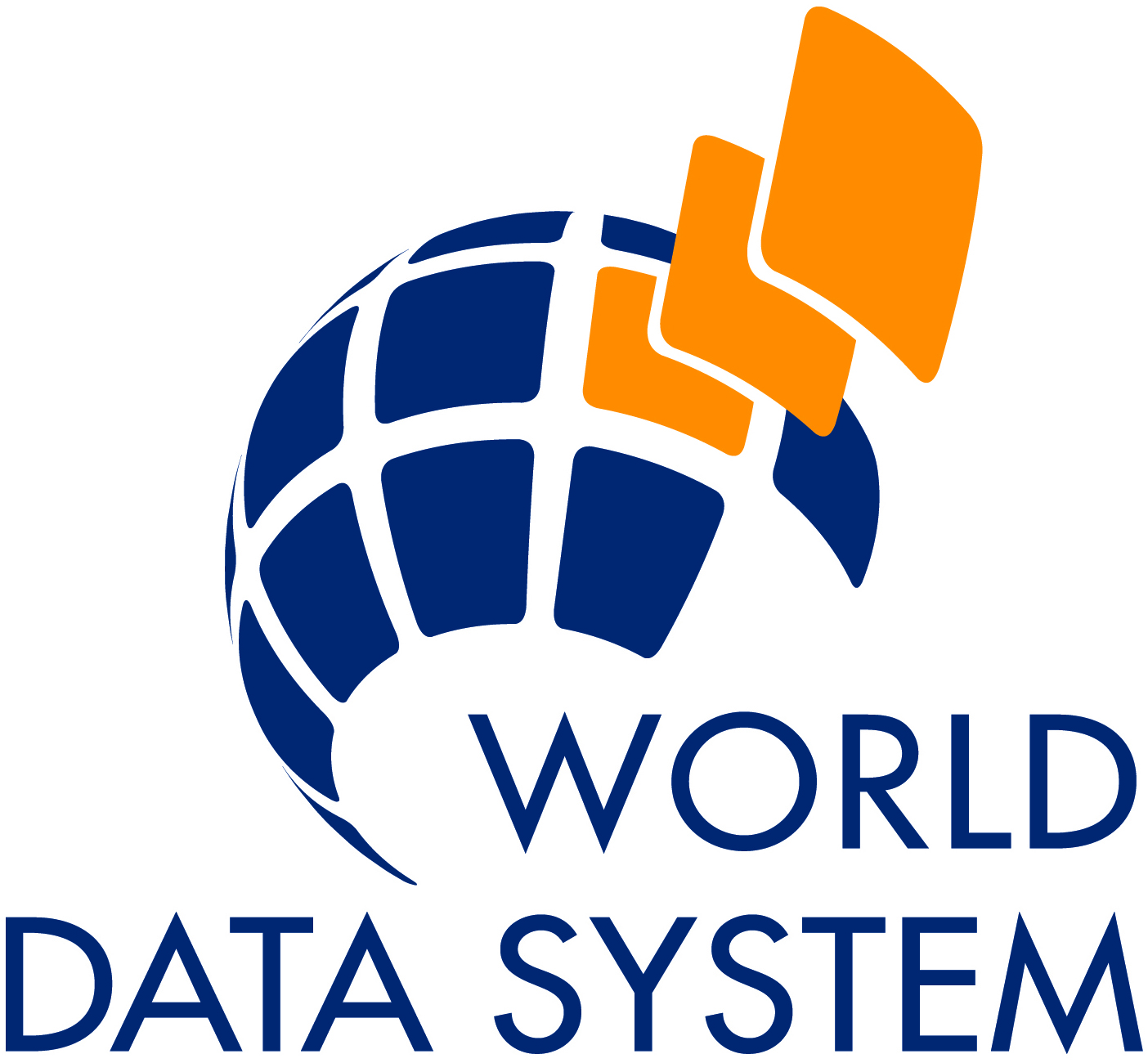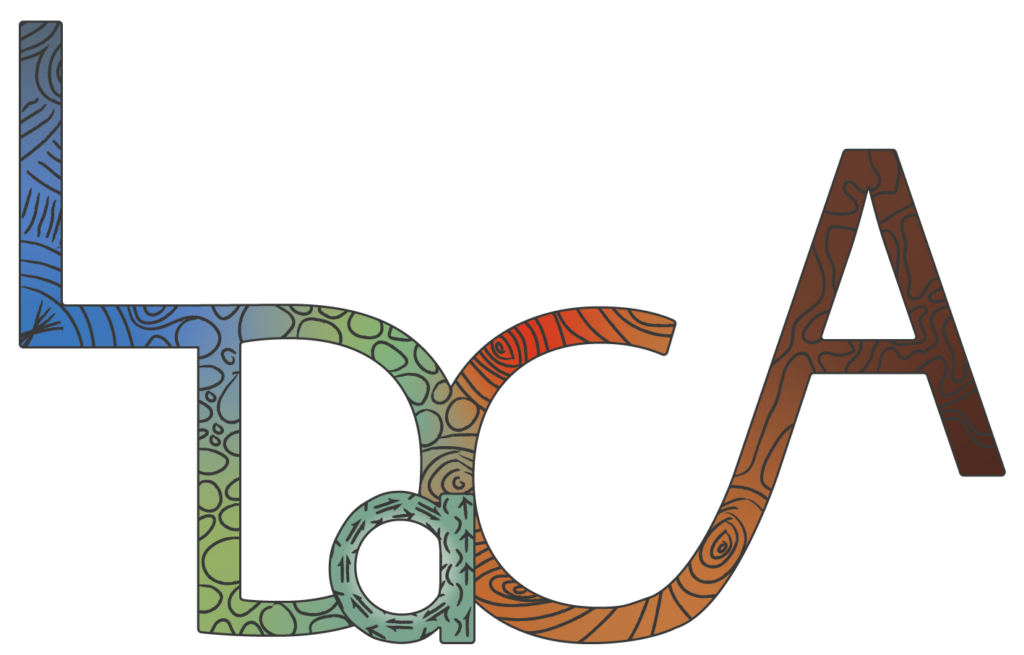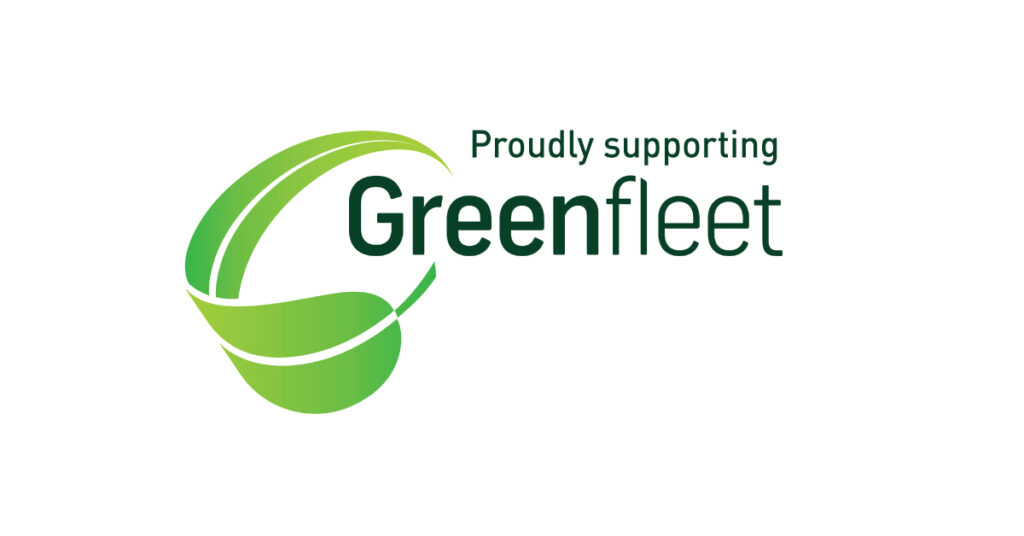Pacific and Regional Archive for Digital Sources in Endangered Cultures
A race against time to digitise analog records of materials
in languages and cultures from all over the world.
We hold 18,500 hours of audio recordings and 4,000 hours of video recordings that might otherwise have been lost. These recordings are of performance, narrative, singing, and other oral tradition. This amounts to over 290 terabytes, and represents 1,400 languages, mainly from, but not limited to, the Pacific region.
PARADISEC is grateful to the Australian Reearch Council for much of its funding (some of the grants are listed here), and, more recently, to the Language Data Commons of Australia.

PARADISEC wins the 2025 Open Scholarship Award
The Open Scholarship Award, sponsored by the Canadian Social Knowledge Institute, notes that recipients demonstrate exemplary open scholarship via research, projects, or initiatives. These awards are intended to acknowledge and celebrate exemplary open scholarship, nominated via an open process. See the award citation here.
Digital Preservation Awards 2024 – Judges’ comments on PARADISEC
- PARADISEC is hugely innovative, combining hi-tech, low-tech and sustainable-tech to achieve the key principles of digital preservation – what’s not to love about this?! It definitely has the potential to positively impact other at-risk communities around the world.
- This project is the very embodiment of digital preservation – it enables communities to preserve their cultural heritage, on their own terms, so that it remains accessible for as long as they need it.
- I love that it’s a relatively clearly defined technical project at the core of this nomination, but still makes a palpable difference on the ground. They have clearly thought about this quite carefully and with a lot [of] experience. All too often we see well intentioned community projects
without technical depths, or innovation for its own sake that leaves communities behind. I think they’ve thought of everything. - The tireless dedication of the PARADISEC team in making the project outcomes possible, and sustainable, is incredible. With very few resources, the impact of their work is enormous.
Collections in PARADISEC
PARADISEC and Language Data Commons of Australia
In 2022-2027 PARADISEC is working with the national project the Language Data Commons of Australia, funded by the National Collaborative Infrastructure Strategy, to build accessible language material from Australia and the Pacific region. This work allows us to plan more digitisation projects and to add textual transcripts and summaries to audio items in the collection.
Language Documentation and Archiving Conference
After the success of this collaboration in 2022 and 2024, PARADISEC is once again teaming up with ELAR to run this online / in-person (in Berlin) conference and training sessions, on 9-11 September, 2026. More information can be found on the conference website: langdoc.org/. Online video of all presentations from earlier LD&A conferences can be seen here: https://www.youtube.com/@langdoc.
The PARADISEC Podcast– Toksave: Culture Talks
Join musicologist Jodie Kell and archivist Steven Gagau in a series of interviews with people who have found personal and cultural connections with collections in the archive. Season 4 episodes coming out now!
Our services
- Our catalog allows users to create robust descriptions of their multimedia collections and to assign rights to other users.
- We build models that show how to make reusable data (metadata entry tools, spreadsheets and so on) and use current tools such as Elan or Fieldworks.
- We promote cultural preservation by providing backup and data preservation services to cultural agencies in our region (e.g., PNG , Solomon Islands, Vanuatu).
- We house files with cultural heritage content from all over the world. We are active in finding new collections to digitise, see our ‘Lost and Found’ project.
-
In 2021 we received the prize for Research Partnership and Social Impact from the Australasian Council of Deans of Arts, Social Sciences and Humanities (DASSH).
- In 2019 we received the international Core Trust Seal based on the DSA-WDS Core Trustworthy Data Repositories Requirements.
- In 2018 we received the University of Melbourne award for excellence in team-based research.
- In 2016 we were given a Special Commendation by the UK’s Digital Preservation Awards

At PARADISEC, our primary motivation is to make field recordings available to those recorded
and their descendants.
Please support our work by helping to fund our ongoing projects.
Our partners
We are a consortium made up of the University of Sydney, the University of Melbourne, and the Australian National University.
Language Data Commons of Australia (LDaCA) (DOI: 10.3565/kq2v-9g52) is a co-investment partnership with the Australian Research Data Commons (ARDC) through the HASS and Indigenous Research Data Commons. The ARDC is enabled by the Australian Government’s National Collaborative Research Infrastructure Strategy (NCRIS).
